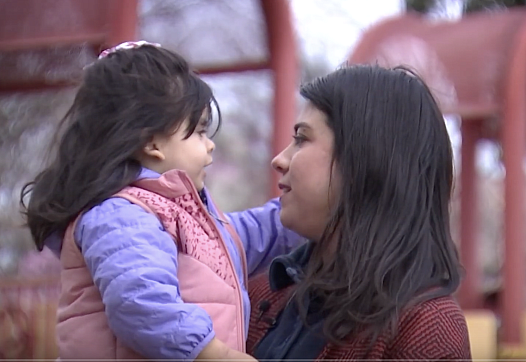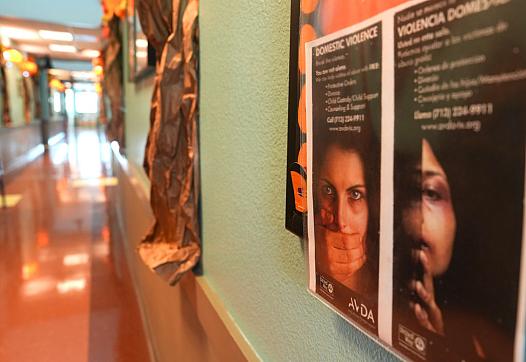
The county has one of the state’s highest homeless rates and is awash with fentanyl but its new deflection program is steering some drug users toward recovery .

The county has one of the state’s highest homeless rates and is awash with fentanyl but its new deflection program is steering some drug users toward recovery .

Foreign-born Latinas are at greater risk for postpartum depression than the general population and are less likely to receive treatment due to cultural and language barriers, among other factors. When Stephany Coronado suffered from depression after the birth of her daughter, she was worried she would be perceived as weak or a bad mother. Her story highlights why many Latina mothers are afraid to speak up or ask for help.

Thousands lost their homes in the January 2025 Los Angeles fires, among the deadliest and most destructive wildfires in California History.
Losing one's home, belongings, and community, along with the threat to personal safety and the safety of loved ones, can have a major impact on survivors' mental health. Studies show higher rates of PTSD, depression, and anxiety, which can last for years.

Those who responded to a Capital Chronicle survey expressed concerns about long-term funding and access to treatment.

Harsh policies targeting unhoused people in the so-called sanctuary city ensnare newly arrived migrants, who now have fewer places to turn for shelter and support.

Stories about domestic violence policy are comparatively rare — but those are the most important to pursue, writes journalist Julianne McShane, in an essay sharing strategies for going beyond individual cases.

President Donald Trump's campaign promise to carry out the largest-ever "domestic deportation" operation in the U.S. prompted New Jersey school districts to contact advocacy groups and relief organizations for advice on how to support families facing deportation risks.

Many patients say they were harmed by Advocate Health’s billing and collection practices – even as the health system has canceled thousands of liens against patients’ homes

I thought a story about Sonoma County’s alternative crisis response program would be straightforward. Instead, I ran into obstacle after obstacle.
Mark DenDekker, 61, became homeless after job loss and injuries. His story is an all-too-familiar one for homeless service providers in San Luis Obispo County, who are tasked with helping people facing a wide range of personal challenges.